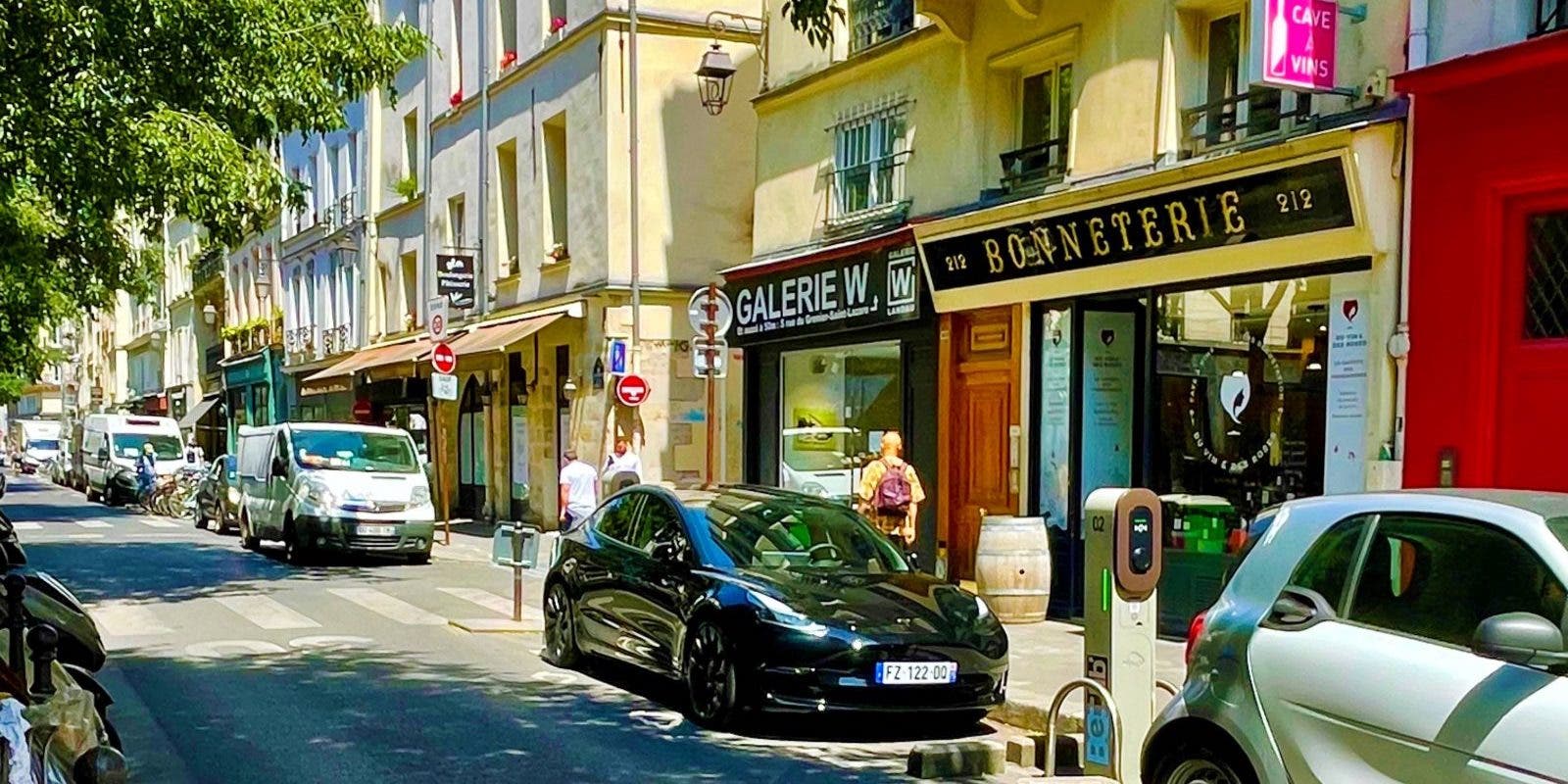Last Updated on: 10th July 2025, 01:59 am
After declaring itself a ‘climate bank’, the EU investment bank still financed new roads and airport expansions.
The European Investment Bank (EIB) lent more than €7 billion for new roads, airport expansions and other transport projects that will increase CO2 emissions. That’s according to a new analysis of its transport loan book between 2021–2024 by green group T&E. The loans undermine the EIB’s environmental and climate goals which it adopted in 2021 when it declared itself the ‘EU climate bank’.
Roads
The EIB lent €6.1bn, more than three-quarters of its road infrastructure allocation, to build new roads, the report finds. T&E said building new motorways increases traffic and road transport emissions and is of limited economic benefit in an already well developed road network. One motorway in mid-northern Poland received €200m from the EIB despite it running through nature protection areas — and the bank’s own estimate that it will generate more than 3,000 tonnes of CO2-equivalent emissions. On top of this, the bank even counts the project towards its environment and climate spending (CA&ES), arguing the motorway would improve climate resilience at times of heavy snow.
Airports
The EIB lent almost a billion euro (€890m) for projects that include airport expansion — in direct contravention of its own rules.[1] Bologna Airport received €90m to expand while the Spanish airport company Aena got €800m towards its capital expenditure plan. Aena has plans to expand Madrid airport and 12 other airports to meet aggressive passenger traffic growth targets. Supporting airport expansion undermines efforts to reduce aviation emissions and risks locking in high-carbon infrastructure.
Fuels
On top of the money lent to road building and airport expansions, six out of the EIB’s 17 transport fuels projects were for the development of biofuels that cannot be produced sustainably at scale (€1bn), the report finds. In one case, Spanish petroleum company Repsol received €120m for a biofuel plant in Cartagena that a recent investigation found relies heavily on imported feedstock. Wastes imports for biofuels are likely subject to widespread fraud with virgin oils, such as palm oil, being passed off as used cooking oil, animal fats and other waste products.
Till Eichler, Sustainable Finance Policy Officer at T&E, said: “The EIB has made some progress in cleaning up its transport loanbook. But its continued lending of taxpayers’ money to motorways and airport expansions is adding fuel to the fire of the climate crisis. To become the EU Climate Bank, the EIB needs to ramp up its support for emission reductions within an EU industrial strategy. This means de-risking investments in European production of e-fuels and batteries and their components. It is time the EIB aligns its transport investments with Europe’s climate and industrial ambitions.”
Cleantech
Just €0.7bn of EIB loans were for green and hydrogen-based e-fuels, the report finds. These technologies are key to decarbonising aviation and shipping. T&E said this financing is not enough to keep Europe ahead in the cleantech race and should be increased while biofuels lending (€1.1bn) must be ended. Of the €3.9 billion lent to 17 batteries projects, €2.5 billion went into battery manufacturing, the report finds. T&E welcomed the focus on batteries but called for greater financing for cleantech components and materials where the EU remains highly dependent on imports.
Positive steps to build on
T&E welcomed the €23.6bn in lending for rail upgrades — the EIB’s biggest transport beneficiary. Rather than supporting megaprojects, the bank has co-financed the maintenance and upgrade of the network and has financed new rolling stock. T&E also praised the €13.3bn in EIB loans to support cleaner urban transport through electric buses and infrastructure for public transport, walking and cycling.
The EIB will this year renew its Climate Bank Roadmap for the years 2026-2030. T&E said the updated roadmap must fully align transport lending with reaching the EU’s 2030 climate targets. That means:
-
No loans for airport expansion, new roads or biofuels
-
In ports, only electrification, e-fuel readiness and climate proofing should be supported
-
Ramping up support for domestic cleantech industries, notably the battery value chain and e-fuels
-
Shifting lending from biofuels to e-fuels and hydrogen for planes and ships
-
Supporting the electrification of road transport, including zero-emission technology and charging infrastructure
-
In rail and urban mobility, the current focus on rail upgrades and zero-emissions urban transport should be continued.
Till Eichler said: “The Draghi report rightly highlighted how Europe must invest now to reap the benefits of the green transition. So far, that is not happening enough. The EIB must fix its roadmap to boost its support for an EU cleantech sector that is struggling to be born.”
Note to editors:
[1] “Not supported… Airport capacity expansion.” See Annex 1, Table C of the EIB Climate Bank Roadmap.
News release from T&E.
Sign up for CleanTechnica’s Weekly Substack for Zach and Scott’s in-depth analyses and high level summaries, sign up for our daily newsletter, and follow us on Google News!
Whether you have solar power or not, please complete our latest solar power survey.
Have a tip for CleanTechnica? Want to advertise? Want to suggest a guest for our CleanTech Talk podcast? Contact us here.
Sign up for our daily newsletter for 15 new cleantech stories a day. Or sign up for our weekly one on top stories of the week if daily is too frequent.
CleanTechnica uses affiliate links. See our policy here.
CleanTechnica’s Comment Policy



